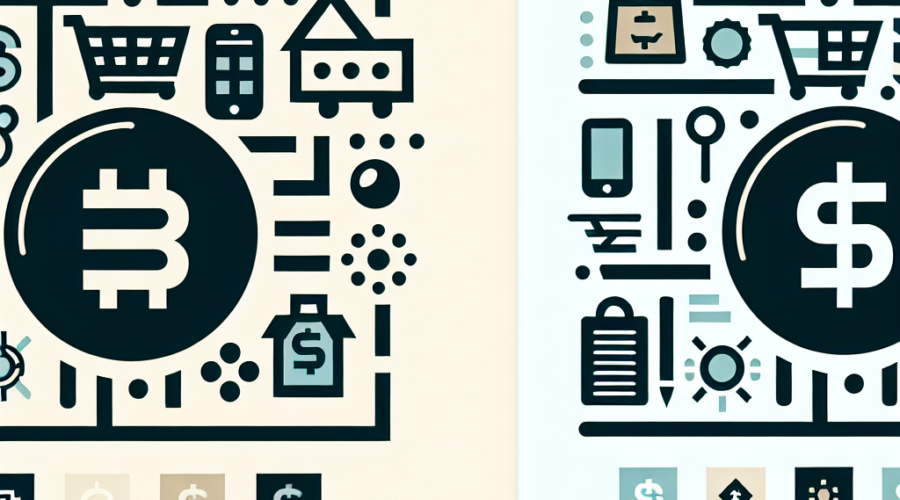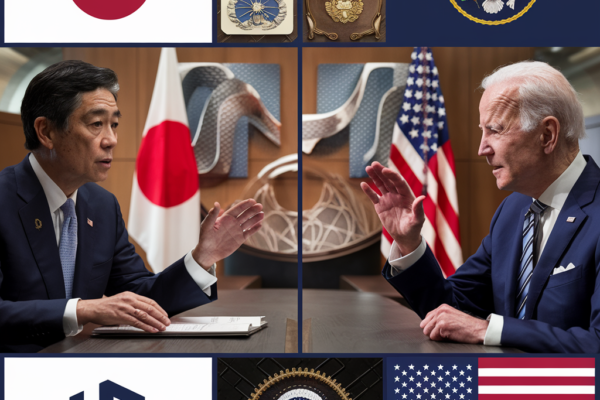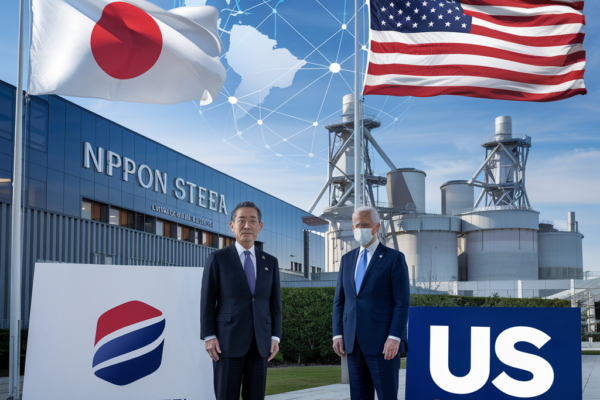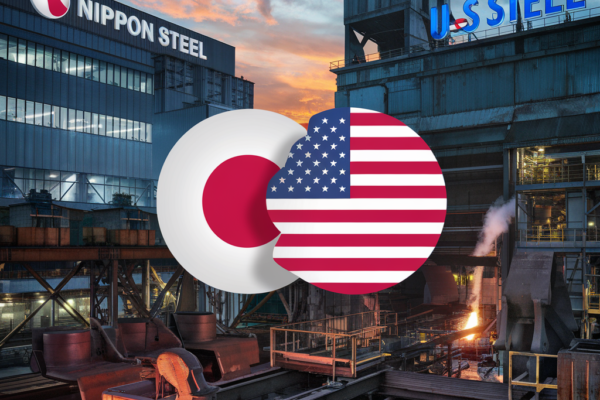Kroger (KR) and Albertsons (ACI) Merger: Analyzing the $1B Grocery Price Cut Pledge
Key Highlights
- Kroger pledges to cut $1 billion from grocery prices if its acquisition of Albertsons is approved
- The deal faces regulatory scrutiny over potential antitrust concerns
- Price cuts aimed at attracting price-conscious shoppers and enhancing affordability
- Merger expected to create a grocery behemoth with increased market power
In a bold move to gain regulatory approval for its proposed $24.6 billion acquisition of Albertsons Companies, Kroger has pledged to slash $1 billion from its grocery prices over the next two years. This strategic pricing pledge underscores the potential impact of large-scale mergers on consumer affordability and market dynamics within the highly competitive grocery sector.
Dissecting the $1B Price Cut Pledge
While details on specific product categories or implementation timelines are scarce, Kroger’s pledge to reduce prices by $1 billion represents a significant commitment to enhancing consumer value. Analysts suggest this move could be a strategic ploy to alleviate regulatory concerns over the merger’s potential anticompetitive effects.
“Kroger’s price cut pledge is a calculated move to appease antitrust regulators,” said Michelle Hutchins, a retail industry analyst. “By promising lower prices, they’re signaling their intention to pass on cost savings to consumers, rather than exploiting increased market power.”
However, executing such large-scale price reductions post-merger can be challenging, given the complexities of integrating supply chains, renegotiating supplier contracts, and optimizing operational efficiencies.
Historical Context and Market Reactions
Precedents from previous grocery mergers, such as the Ahold-Delhaize deal in 2016, suggest that strategic pricing adjustments can significantly impact market share and consumer loyalty. In the case of Safeway’s post-merger pricing realignment with Albertsons in 2015, the company faced initial challenges in maintaining perceived value among customers.
The stock market has responded positively to Kroger’s pledge, with shares experiencing a minor uptick. Consumer advocacy groups have cautiously welcomed the potential for lower prices, while competitors may face increased pressure to match Kroger’s pricing strategies, potentially disrupting overall market dynamics.
Navigating Regulatory Hurdles and Long-Term Implications
Despite the pricing pledge, the Kroger-Albertsons deal continues to face regulatory scrutiny, with antitrust authorities closely examining the potential impact on competition and consumer choice. Successful navigation of these hurdles will be crucial for the merger’s completion.
Looking ahead, industry experts anticipate that the long-term effects of this deal could include a shift towards more aggressive pricing strategies and promotions within the grocery sector. Consumer behavior may adapt to these new market dynamics, with price-conscious shoppers potentially driving market trends.
Kroger (KR) and Albertsons (ACI) Merger – Conclusion and Future Outlook
Kroger’s pledge to cut $1 billion from grocery prices, contingent





